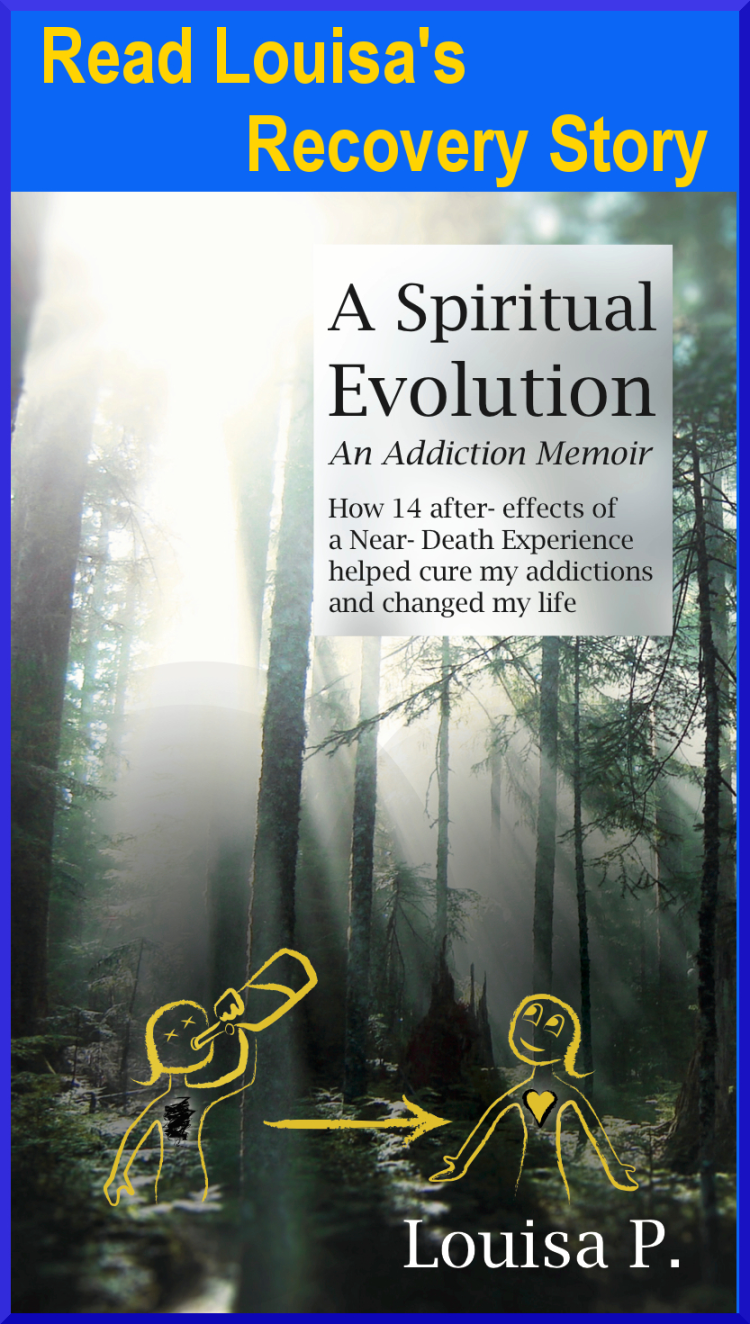The first three steps of Alcoholics Anonymous are pure logic:
- Step 1: “I can’t” (drink in moderation, manage my life, etc.)
- Step 2: “A higher power can” (restore me to sanity)
Therefore
- Step 3: “I choose to let it” (by turning my will over to HP)
In Step 2 alone there’s plenty to ruffle our prideful alcoholic feathers, right? Not just the higher power thing, but this insinuation that we’re currently not sane. Hmmph! For years, maybe decades, we’ve defended our passionate reliance on alcohol by assuring everyone, including ourselves, “I’ve got this!” I can remember thinking, “And even if I don’t quite have it, I’m saner than most people.”
Of course I had no clue how insane I was: I wasn’t SANE enough to! Today, however, I can affirm with perfect certainty that I was bat-shit crazy and had been for years. Confusing self-poisoning with self-care on a daily basis was only the tip of the iceberg.
But then there’s that whole “God” thing. Many newcomers choke on the word, so they never really nail down this crucial foundation of Steps 1-3. Religion’s claimed monopoly on spiritual life is largely to blame. It has bamboozled so many into thinking a higher power must involve religion.
 Quite the opposite, in my opinion. As Carl Jung observed, “One of the main functions of organized religion is to protect people against a direct experience of God” (emphasis mine). Religion miscasts god/HP as an external authority figure, when in fact god is “living” us 24-7, living the trees and grass and little rolly-poly bugs and bunny wabbits. God loves us all sooooo powerfully that we’re animated by it. That wondrously complex arrangement of hydrogen, oxygen, carbon, and trace elements you see in a cold corpse is inexplicably enervated with god’s love to become… YOU!
Quite the opposite, in my opinion. As Carl Jung observed, “One of the main functions of organized religion is to protect people against a direct experience of God” (emphasis mine). Religion miscasts god/HP as an external authority figure, when in fact god is “living” us 24-7, living the trees and grass and little rolly-poly bugs and bunny wabbits. God loves us all sooooo powerfully that we’re animated by it. That wondrously complex arrangement of hydrogen, oxygen, carbon, and trace elements you see in a cold corpse is inexplicably enervated with god’s love to become… YOU!
God speaks within us, not through any text or religious authority. Disagree if you want, but I guarantee you, no religious authority can keep an alcoholic sober! Only we, waking up to god’s guidance through Step 3, can manage that one day at a time. In fact, the more religion has been forced on someone as a child, the more difficult finding god within can be.

God at work!
My ex-boyfriend recently drank himself to death with beer — Indian Pale Ale, to be exact. He’d gone through detox and treatment to emerge gung-ho sober, but multiple handicaps blocked him from tapping into a power greater than himself. A) He’d been raised Catholic; B) he was left-brained to an extreme, having impaired his brain interconnections with binge drinking as a teen; C) he felt extremely awkward and uncomfortable in socializing, also due to B.
A made him keep reverting to seeing HP as an authority figure; B kept him from feeling his connection (8:00) to everything else, and C kept him from hearing or seeing god through his fellow alcoholics.
Below are his last texts to me. Before you laugh at the ‘Subaru’ thing, recall that while sober this man could carry in his mind the full schematics for a Boeing 787. These texts are crippled with drunkenness because… he was less than a week from dying.

You can imagine how often I weep that I didn’t agree to that last call, as I might’ve if I’d not been sitting right next to my Al-Anon sponsor. But in truth, I didn’t want to witness him in that state, slurring his words, awash in vague emotions, making little sense. It was too painful. Besides, I couldn’t have helped him find his HP any more than you could. A week later, on his 60th birthday, he died of a gastric hemorrhage.
“Do the next right thing” was one of those resonant 3rd Step sayings  I heard early on in AA. Strangely, “right” did not equate to “most desired.” It steered me away from what I thought would feel good, make me look good, or bring temporary relief, and toward a deeper sense of right and wrong. **
I heard early on in AA. Strangely, “right” did not equate to “most desired.” It steered me away from what I thought would feel good, make me look good, or bring temporary relief, and toward a deeper sense of right and wrong. **
We all carry that sense within. It’s a feeling in our gut. We often have to quiet the chatter of our thoughts before we can make contact with it, but it’s there. Initially, I grasped only few “next right things” like so many flimsy reeds: go to a meeting; stay out of bars; don’t meander toward the store’s booze section or hang out with users.
Today, though, I have a huge, rich bouquet of next right things to choose from every day: practice gratitude; call a friend (instead of texting); exercise/ hike/ do yoga/ walk the doggies someplace new; do service work or donate; tidy or fix something; meditate; notice beauty; be kind, be kind, be kind.
 On my favorite sleep podcast, in a book entitled, The Princess and the Goblin, I recently listened to a description of how a child princess, who has discovered her own magical great, great grandmother in a remote tower of the castle, is led by the grandmother’s wisdom even in her absence. When afraid, she’s supposed to put a ring the grandmother gave her under her pillow and feel with her index finger for a gossamer thin thread connecting the two of them. It’s a perfect metaphor for always being connected to our higher power.
On my favorite sleep podcast, in a book entitled, The Princess and the Goblin, I recently listened to a description of how a child princess, who has discovered her own magical great, great grandmother in a remote tower of the castle, is led by the grandmother’s wisdom even in her absence. When afraid, she’s supposed to put a ring the grandmother gave her under her pillow and feel with her index finger for a gossamer thin thread connecting the two of them. It’s a perfect metaphor for always being connected to our higher power.
But here’s the cool part. The thread at her fingertip doesn’t just lead to the safety of her grandmother. It leads her deep into the goblin mines, into terrifying pitch darkness, across underground streams and through narrow passageways where she’s filled with doubt and urgent desire to turn back but can’t because the thread leads only forward. To her amazement, it leads her to her friend, a courageous boy the goblins have all but buried in a cavern, shows her the way to free him, and guides them both back to daylight and safety. In fear for herself, she’s led to rescue someone else. While boy insists her idea of “grandmother’s thread” is nonsense (right up til the end when he finds it himself), she trusts it beyond her own thinking.
So, I find, goes life after one makes a solid 3rd Step. We are led forward, often scared, but guided to greater outcomes.
I alone can sense where my “god-consciousness” leads. Many don’t understand why I’m about to move away from this city where I was born 63 years ago — to I don’t even know where. I’ll find out soon enough. I trust my thread. It’s just the next right thing.
.

.
.






 It goes without saying, readers, that I don’t need to drink. No situation is so bad that drinking won’t make it worse. You can shut your eyes when a train is barreling down the tracks toward you, but it won’t help. You can gnaw away your entire lower lip while it’s numbed by Novocain, but it’s gonna hurt like hell as soon as the nerves wake up. Before a tsunami you can wander wayyy far out into the low tide having a blast, but you’ll drown once the wall of water hits.
It goes without saying, readers, that I don’t need to drink. No situation is so bad that drinking won’t make it worse. You can shut your eyes when a train is barreling down the tracks toward you, but it won’t help. You can gnaw away your entire lower lip while it’s numbed by Novocain, but it’s gonna hurt like hell as soon as the nerves wake up. Before a tsunami you can wander wayyy far out into the low tide having a blast, but you’ll drown once the wall of water hits.
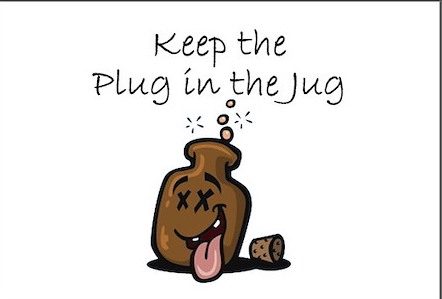

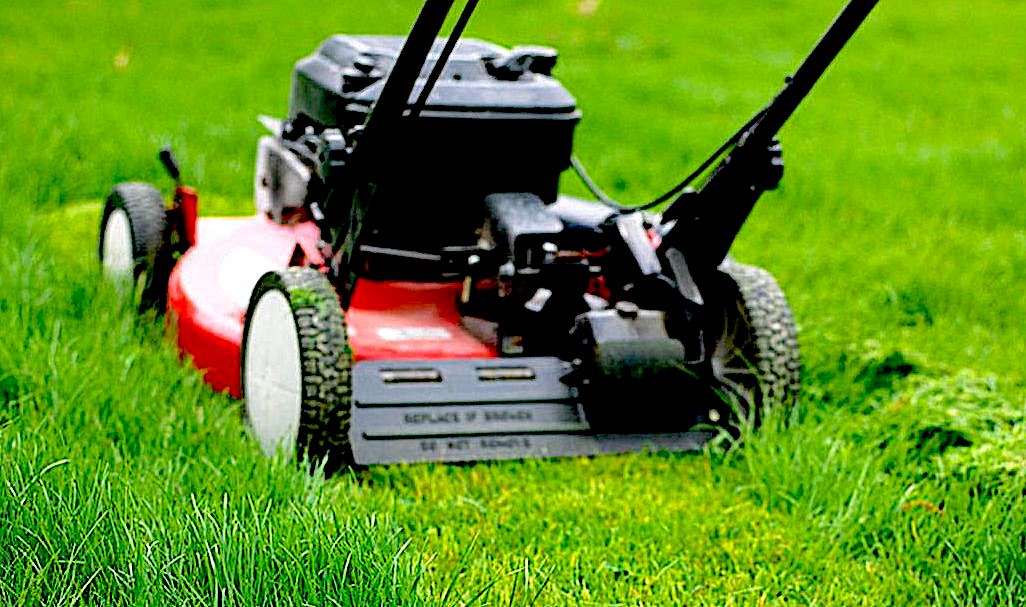 and others — leading to a lack of boundaries. I discover my false tactic only once the pain load reaches such a pitch that I have to take action: “If someone keeps running over your foot with a lawnmower, it’s up to you to move your foot.” That’s one of my favorite sayings, and yet I’ll leave my foot in their path for years! “No, no, it doesn’t hurt much! It’s just a little blood! Just a toe I wasn’t using! After all, they have a perfect right to mow!”
and others — leading to a lack of boundaries. I discover my false tactic only once the pain load reaches such a pitch that I have to take action: “If someone keeps running over your foot with a lawnmower, it’s up to you to move your foot.” That’s one of my favorite sayings, and yet I’ll leave my foot in their path for years! “No, no, it doesn’t hurt much! It’s just a little blood! Just a toe I wasn’t using! After all, they have a perfect right to mow!” Spiritual pride tells me I’d be too “unspiritual” if I said what I actually think and feel. Too unspiritual if I showed up as myself. Too petty, judgmental, wave-making, or self-centered in telling others “Here are my feelings” or admitting to myself “This isn’t working.” In fact, by pretending everything’s fine, I’m harming everyone involved.
Spiritual pride tells me I’d be too “unspiritual” if I said what I actually think and feel. Too unspiritual if I showed up as myself. Too petty, judgmental, wave-making, or self-centered in telling others “Here are my feelings” or admitting to myself “This isn’t working.” In fact, by pretending everything’s fine, I’m harming everyone involved.
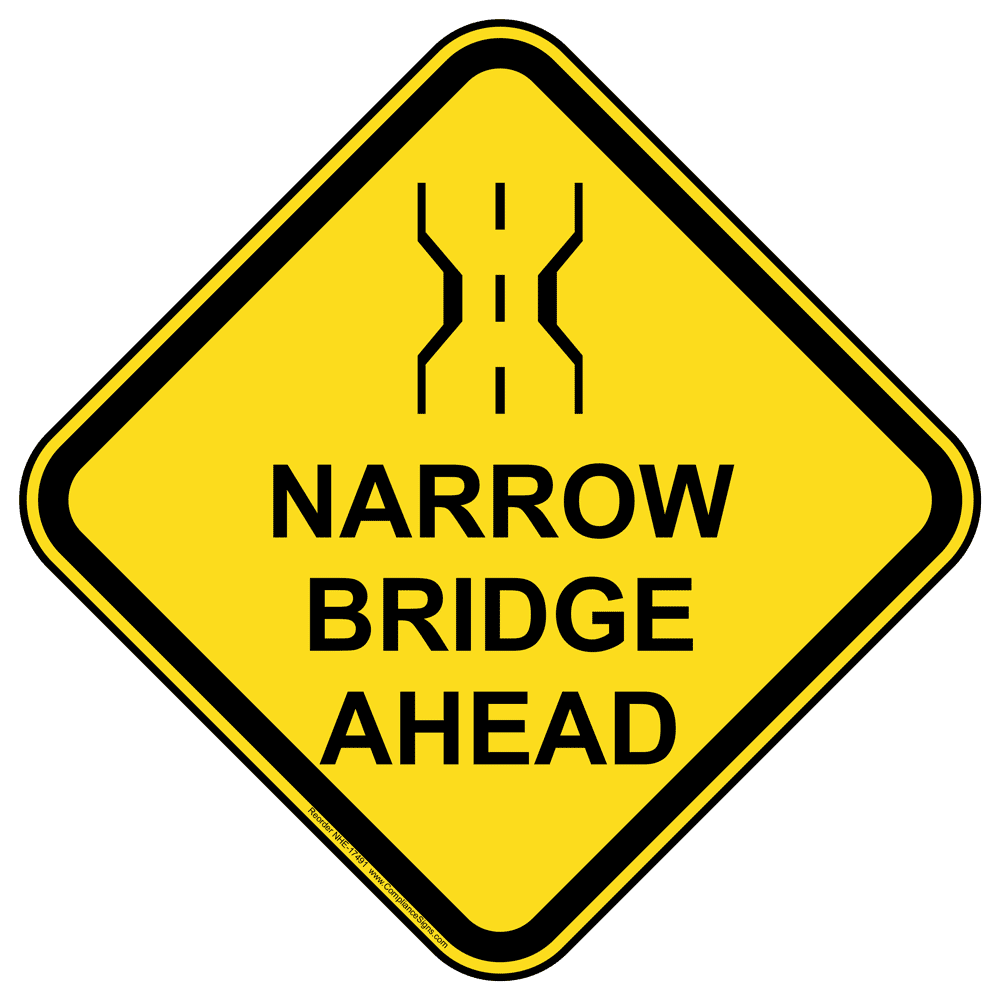 roads as fast as 80 mph with the radio blaring, seeing quadruple as I bombed through the narrow railroad overpass where I should have died. Instead I reached home, but as I clung to my car door for steadiness and glanced up at the stars, congratulating myself on my badass driving skills, the voice shot through me like a thunderbolt from Zeus, except it was a bolt of telepathy, of knowing, extremely urgent and somehow stern: “This is the last time I can help you. And you DO know right from wrong!”
roads as fast as 80 mph with the radio blaring, seeing quadruple as I bombed through the narrow railroad overpass where I should have died. Instead I reached home, but as I clung to my car door for steadiness and glanced up at the stars, congratulating myself on my badass driving skills, the voice shot through me like a thunderbolt from Zeus, except it was a bolt of telepathy, of knowing, extremely urgent and somehow stern: “This is the last time I can help you. And you DO know right from wrong!”

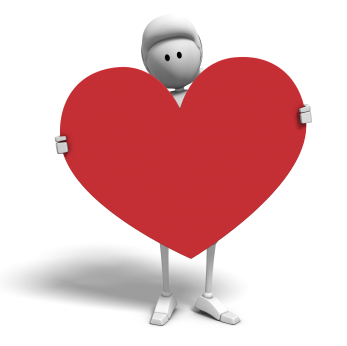


 I can feel my angel urging me toward self-honesty and love, and I don’t need for anyone else to believe that he communicates with me.
I can feel my angel urging me toward self-honesty and love, and I don’t need for anyone else to believe that he communicates with me.






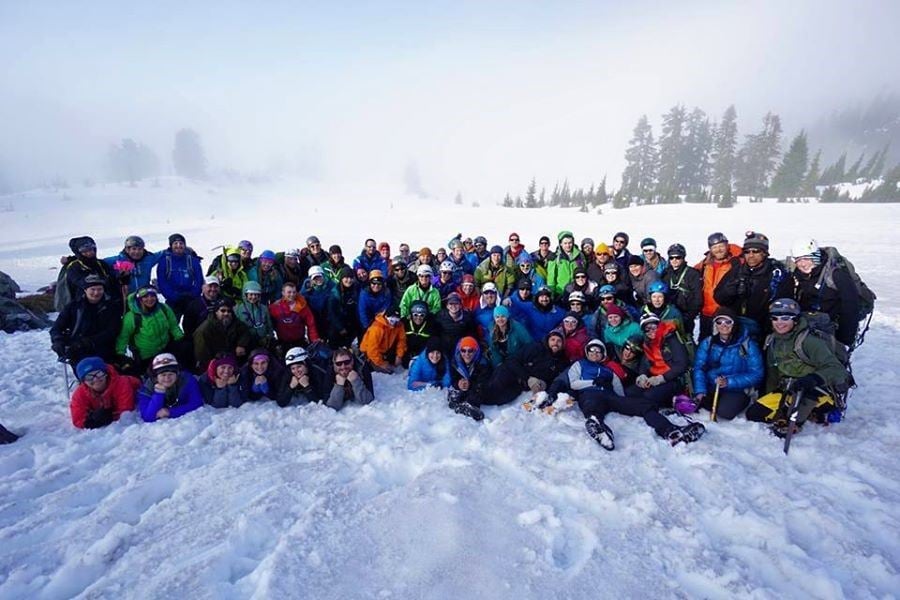

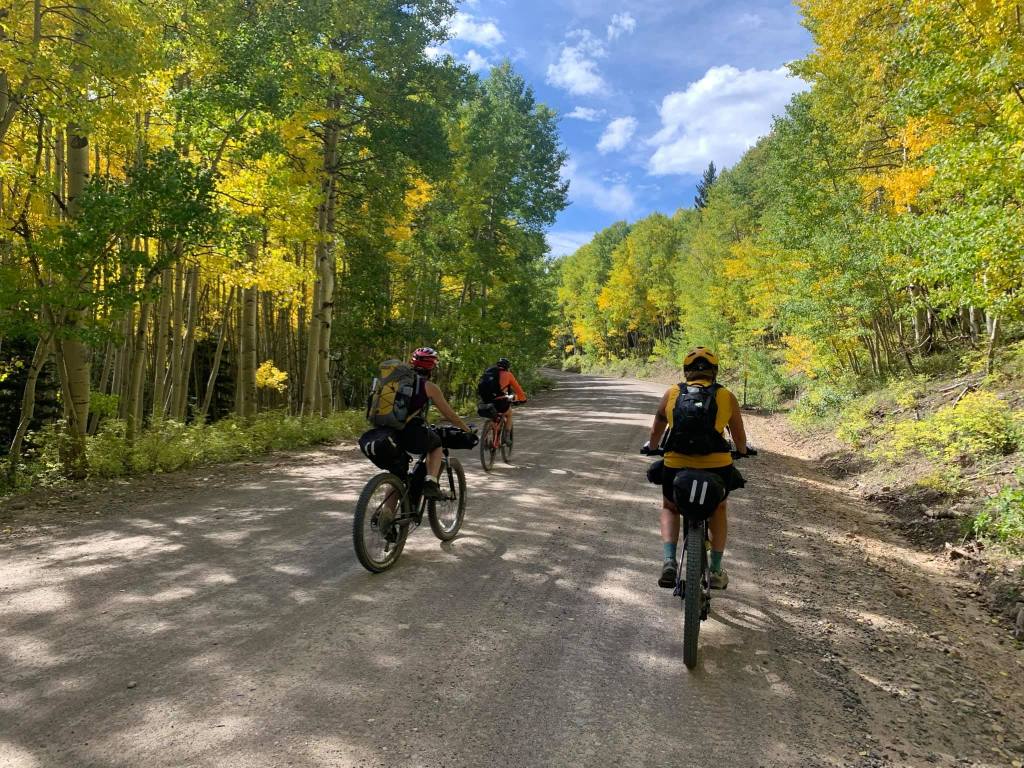

 I passed without a drink. I felt healthier, had more energy, was cheery at work. But LOVE not drinking? What are, you, nuts? I could hardly wait for the month to be over so I could drink again, because any life without drinking struck me as beyond dull — it would, I knew, be brash, relentless, barren, and joyless. Alcohol, I felt, was the oil in the engine of my life.
I passed without a drink. I felt healthier, had more energy, was cheery at work. But LOVE not drinking? What are, you, nuts? I could hardly wait for the month to be over so I could drink again, because any life without drinking struck me as beyond dull — it would, I knew, be brash, relentless, barren, and joyless. Alcohol, I felt, was the oil in the engine of my life.




 and the rest, many newly sober alcoholics can’t silence the part that tells them a drink would make everything better. In my case, god somehow struck that voice with laryngitis about 24 years ago, so the best it can do is a hoarse whisper: A drink would be nice! To me, that suggestion sounds about as believable as Arsenic would be nice! Putting your hand down the sink’s garbage disposal would be nice! Actually, I don’t have a garbage disposal, but if I did, the prospect of drinking would appeal to me about as much.
and the rest, many newly sober alcoholics can’t silence the part that tells them a drink would make everything better. In my case, god somehow struck that voice with laryngitis about 24 years ago, so the best it can do is a hoarse whisper: A drink would be nice! To me, that suggestion sounds about as believable as Arsenic would be nice! Putting your hand down the sink’s garbage disposal would be nice! Actually, I don’t have a garbage disposal, but if I did, the prospect of drinking would appeal to me about as much.

